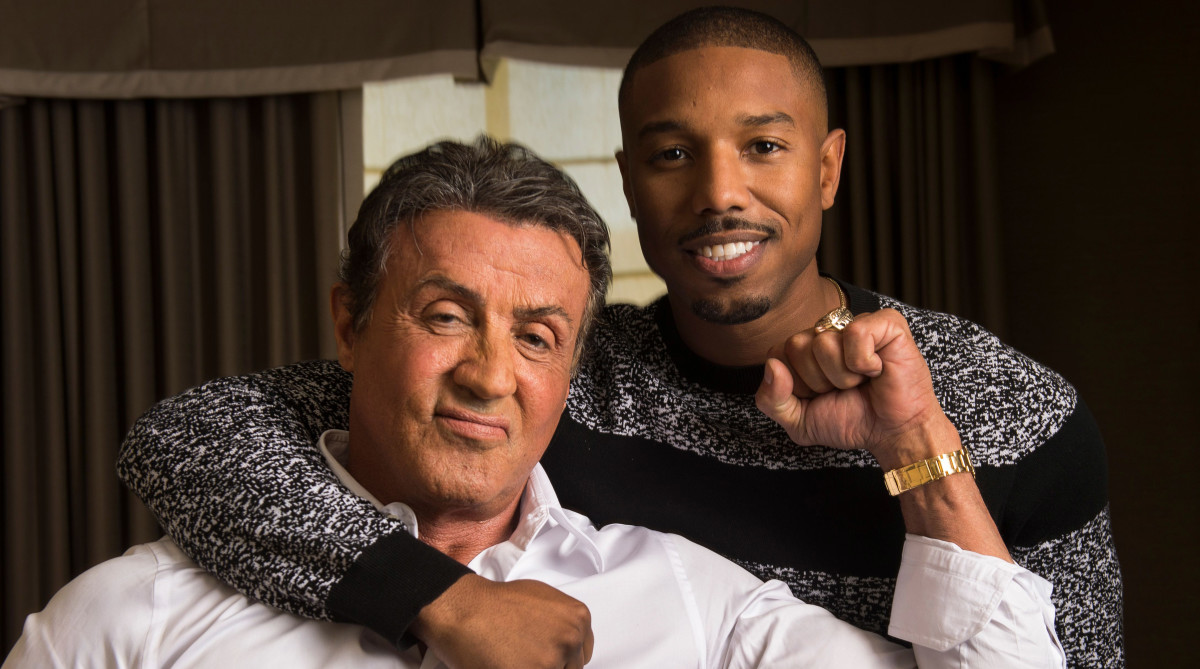Sylvester Stallone Says He Initially Passed on ‘Creed’ Since Rocky Was Set to Die in Original Script: ‘I Didn’t Want to Do It’ | Video
Sylvester Stallone
In a recent revelation, Sylvester Stallone divulged that he initially declined to reprise his iconic role as Rocky Balboa in the 2015 film Creed — not because of the entire concept, but because of how the character’s arc was originally scripted.
1. What happened
-
Stallone told GQ he “dodged that bullet for two years, three years” when the film was being pitched. (TheWrap)
-
His main stumbling block: the original treatment by Ryan Coogler envisioned Rocky dying from Amyotrophic lateral sclerosis (Lou Gehrig’s Disease).
-
“Because the way he had written it, Rocky dies. He gets Lou Gehrig’s disease.” (TheWrap)
-
Stallone said he simply couldn’t sign on to that version:
“I have a big thing about characters like that dying.
I’d much rather them get on a train going somewhere, you never see them again.
But to die, it will just bum the audience out completely.” (FandomWire)
-
After discussions, the script was revised — Rocky was instead diagnosed with non-Hodgkin’s lymphoma, and he survives. With that change, Stallone agreed to the project. (TheWrap)
2. Why it mattered
-
The character of Rocky Balboa is deeply entwined with Stallone’s career and public persona.
-
Having Rocky end in a terminal disease would have been a dramatic departure.
-
By steering away from Rocky’s death, Stallone preserved a legacy: Rocky remains alive in spirit, allowing for continuation in the spin-off world of Creed.
-
From a storytelling standpoint, the change allowed the film to focus on mentorship, legacy, and passing the torch (via Michael B. Jordan as Adonis Creed) rather than closure through death.
3. Stallone’s perspective
-
Stallone admitted he wasn’t “comfortable” with the original version. (Cinemablend)
-
He saw the challenge as an opportunity once the script changed:
“It was a lot of dramatic acting in that, ’cause I couldn’t use my body. I’m not fighting.
So that was a good challenge. And it turned out pretty well.” (TheWrap)
-
In effect, he reengaged not merely as a boxer but as an actor exploring Rocky in a new phase.
4. Broader implications
-
The decision shows how much creative control or personal conviction an actor can exert — especially when a character has become larger than a single film.
-
It highlights how spin-offs (like Creed) often need careful handling of legacy characters: you can’t simply kill one off without altering fan perception and franchise trajectory.
-
For fans of the Rocky/Creed universe, it offers a “what if” moment — reminding us how different the tone and path of Creed might have been had Rocky died in his first appearance in that revival.





